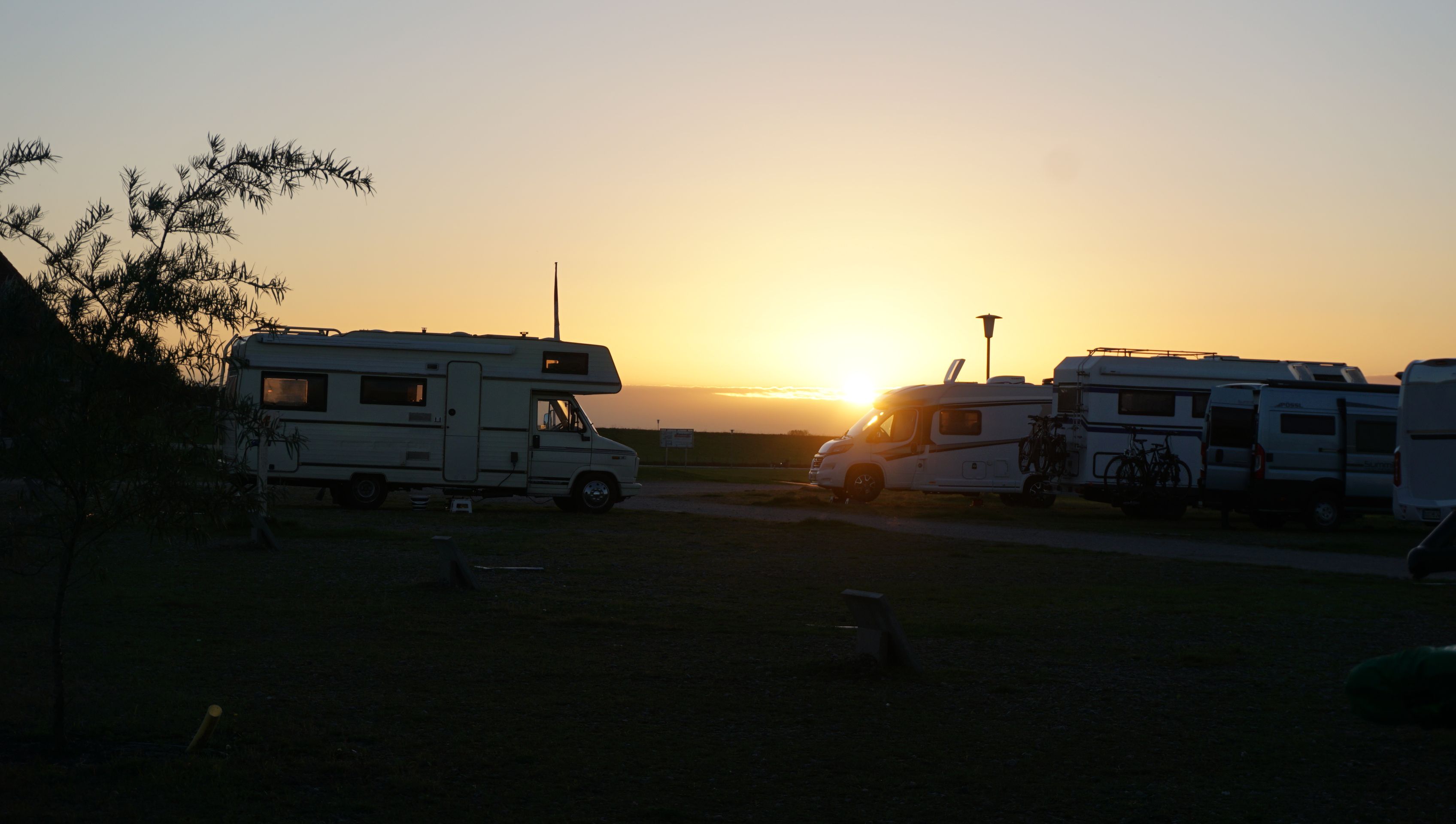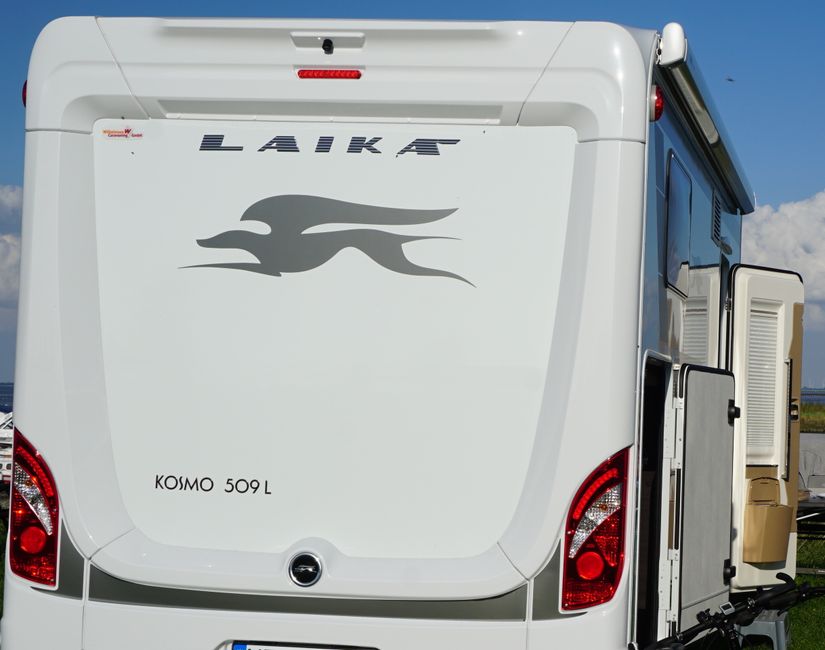# Tag 58 Pilgrims don't smile
Chop etilgan: 30.04.2022
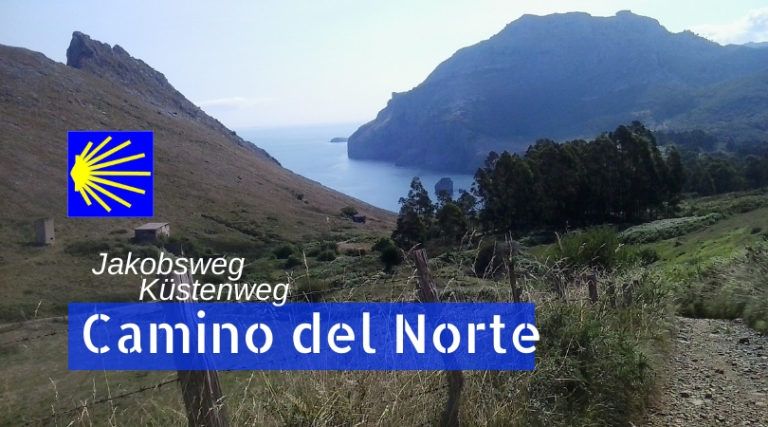
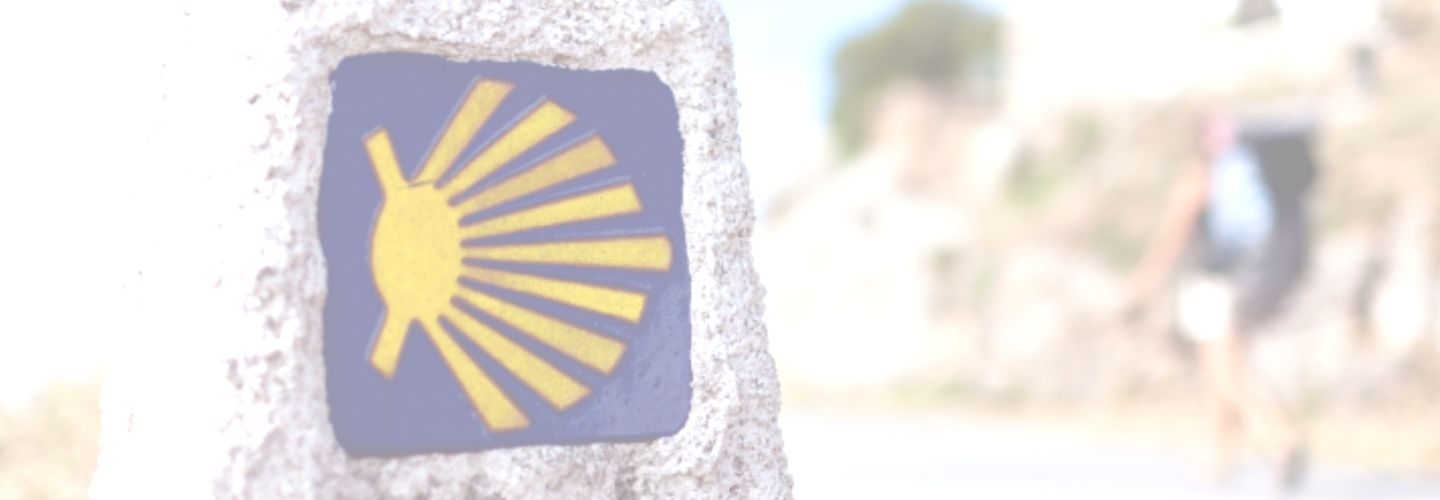
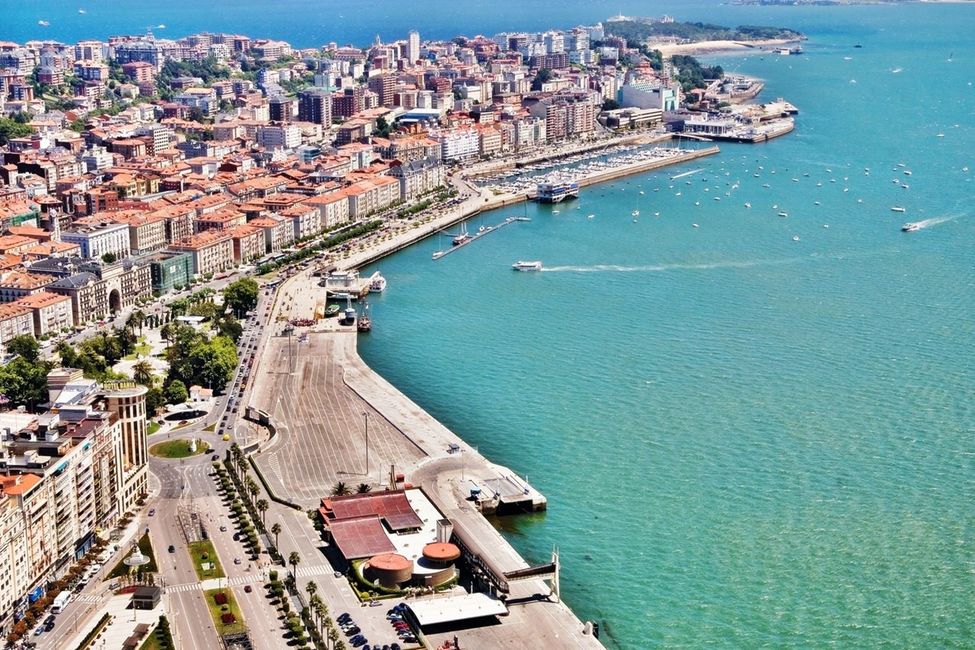
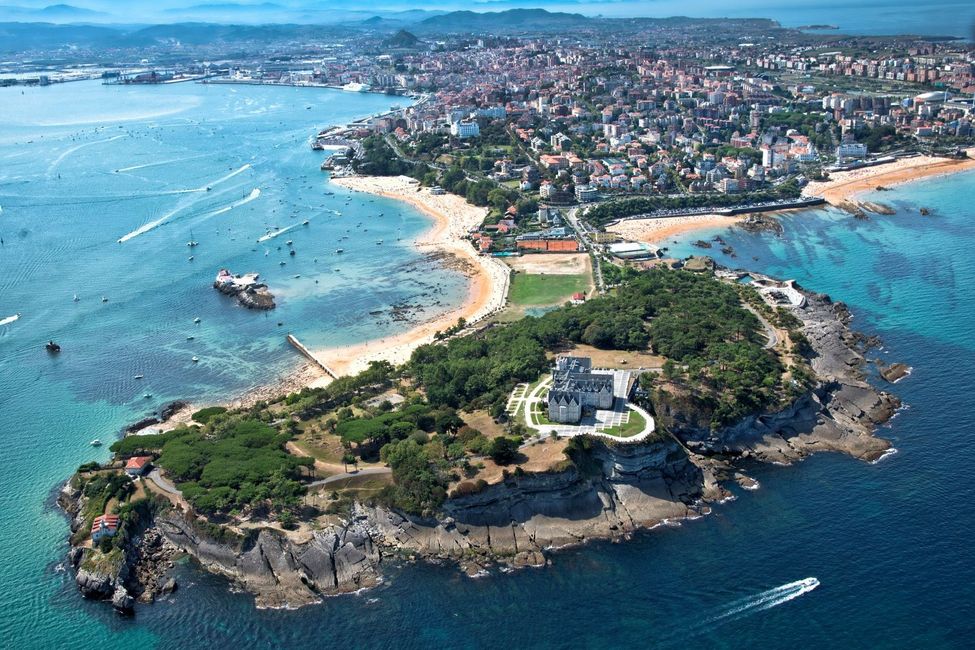
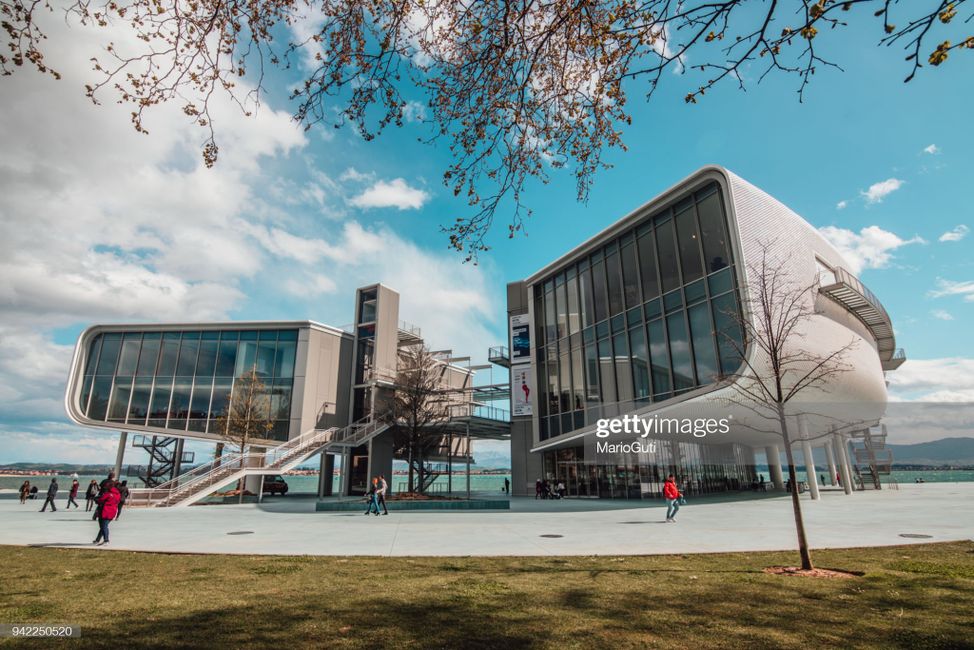
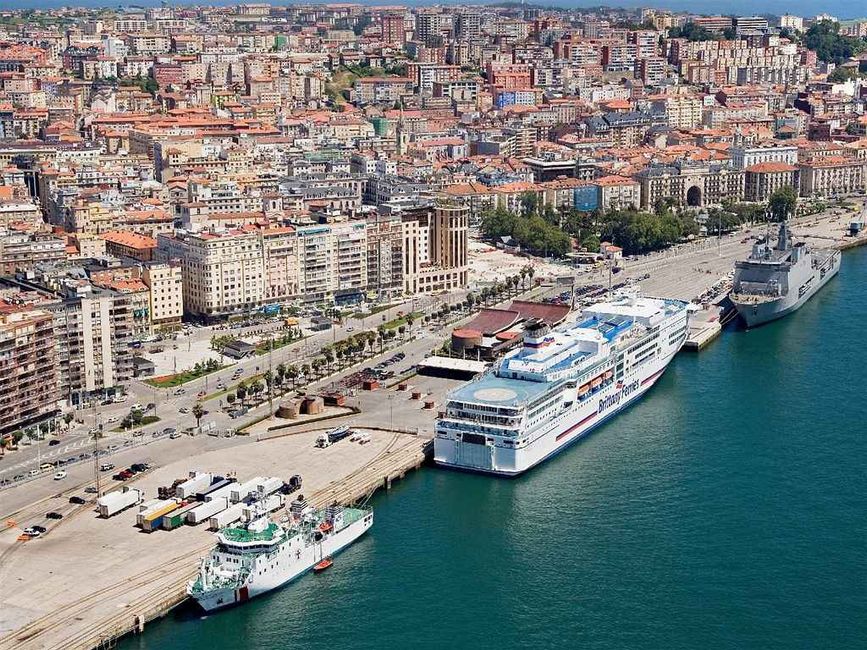
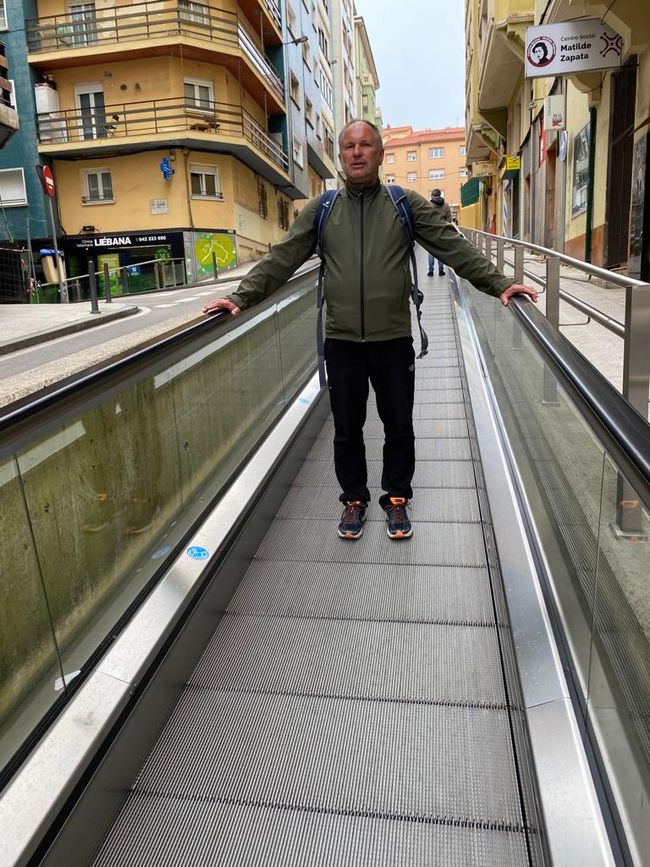
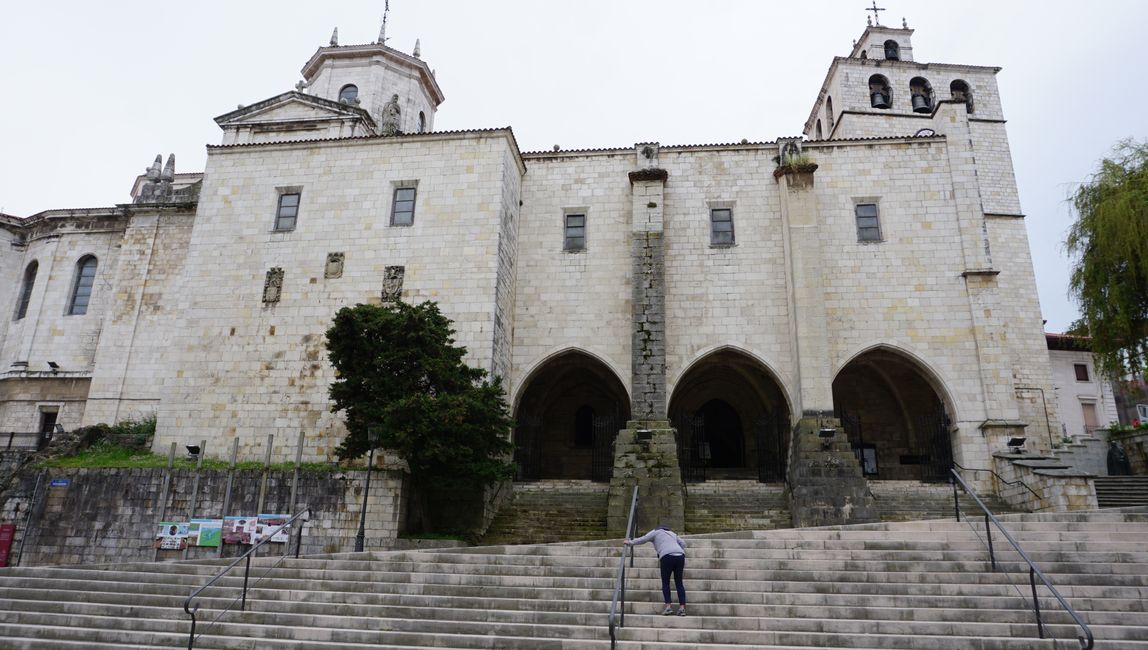
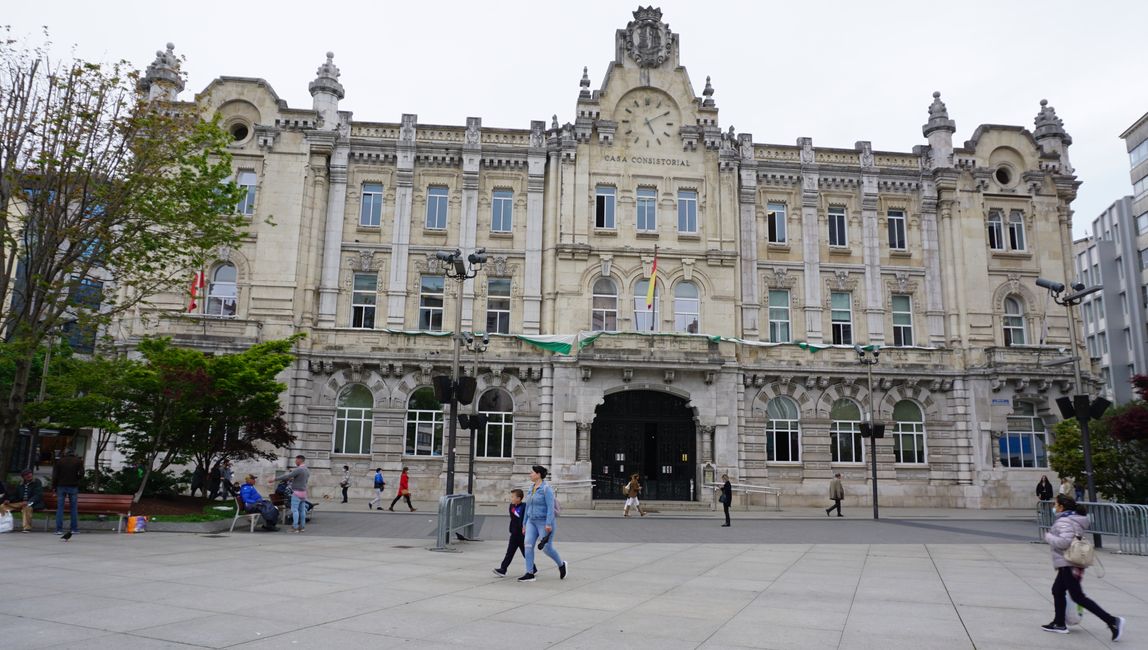
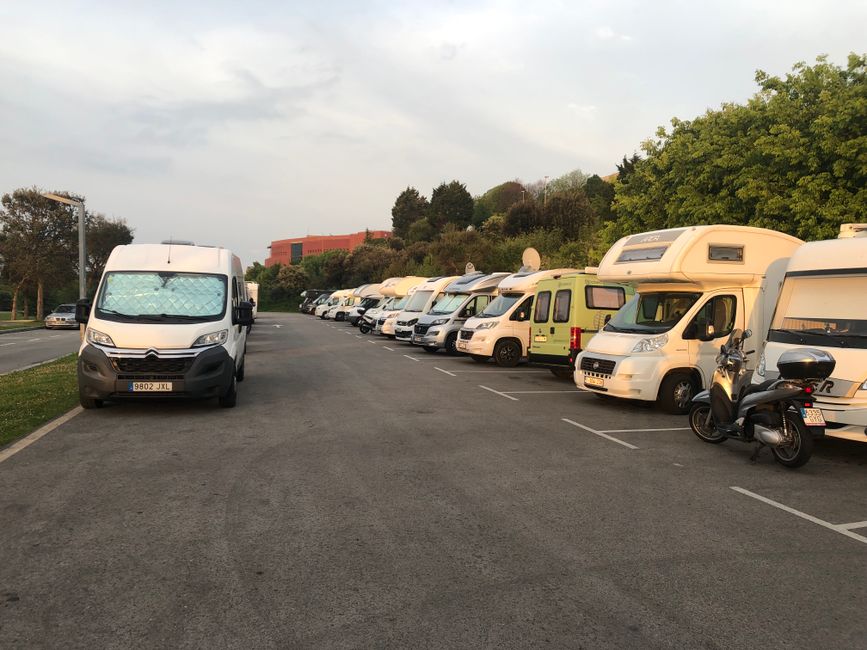
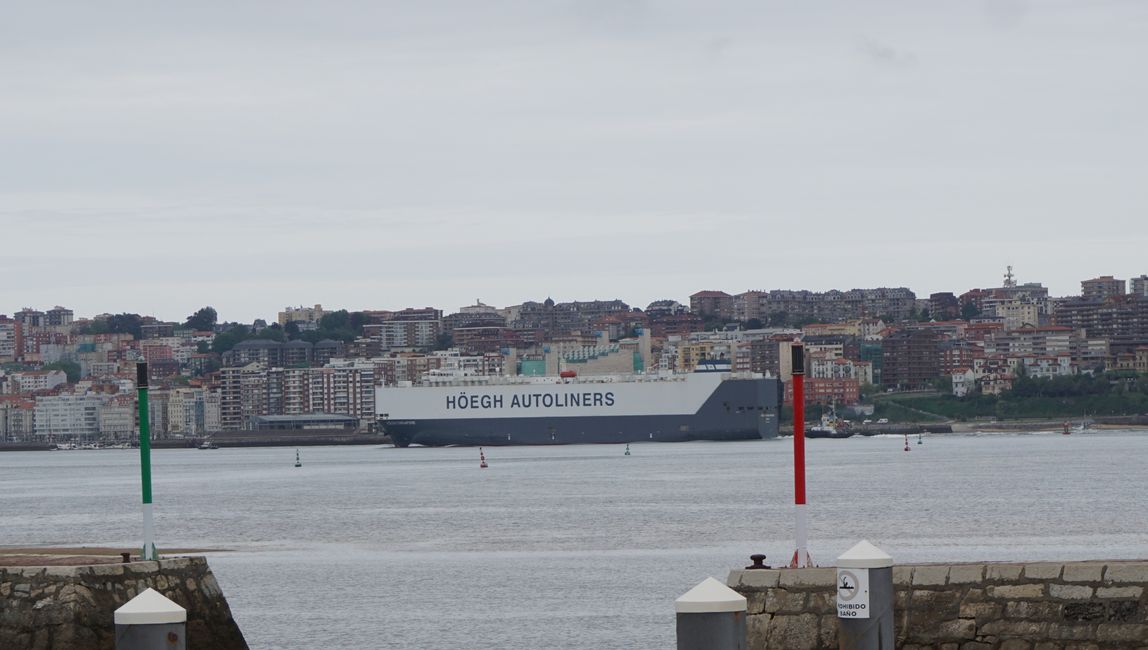
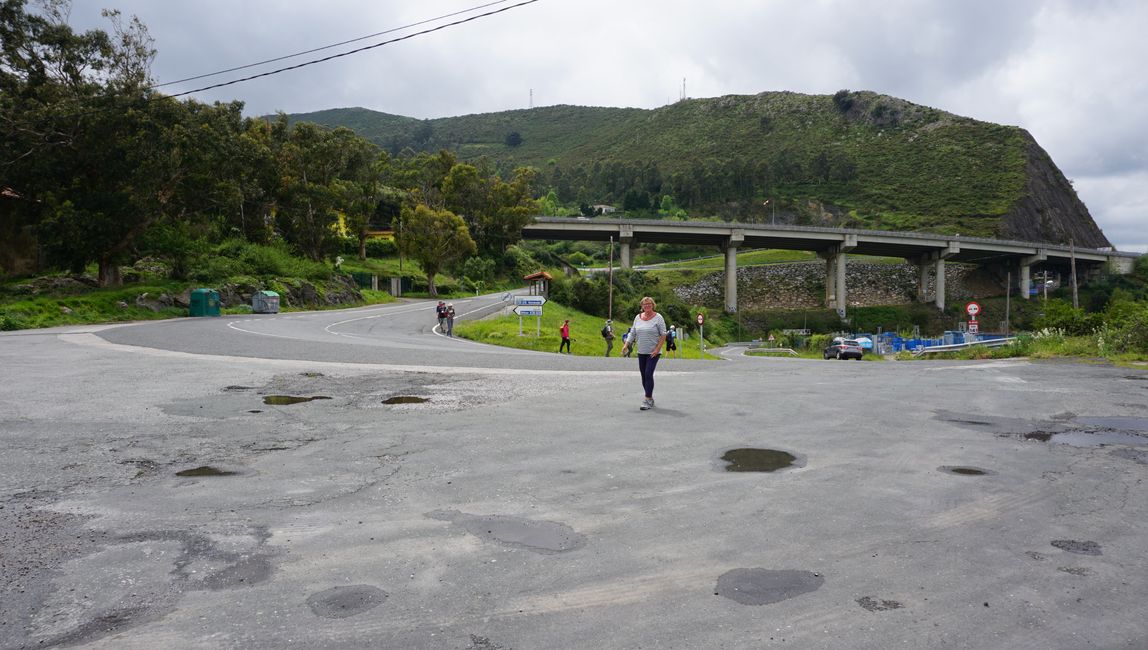
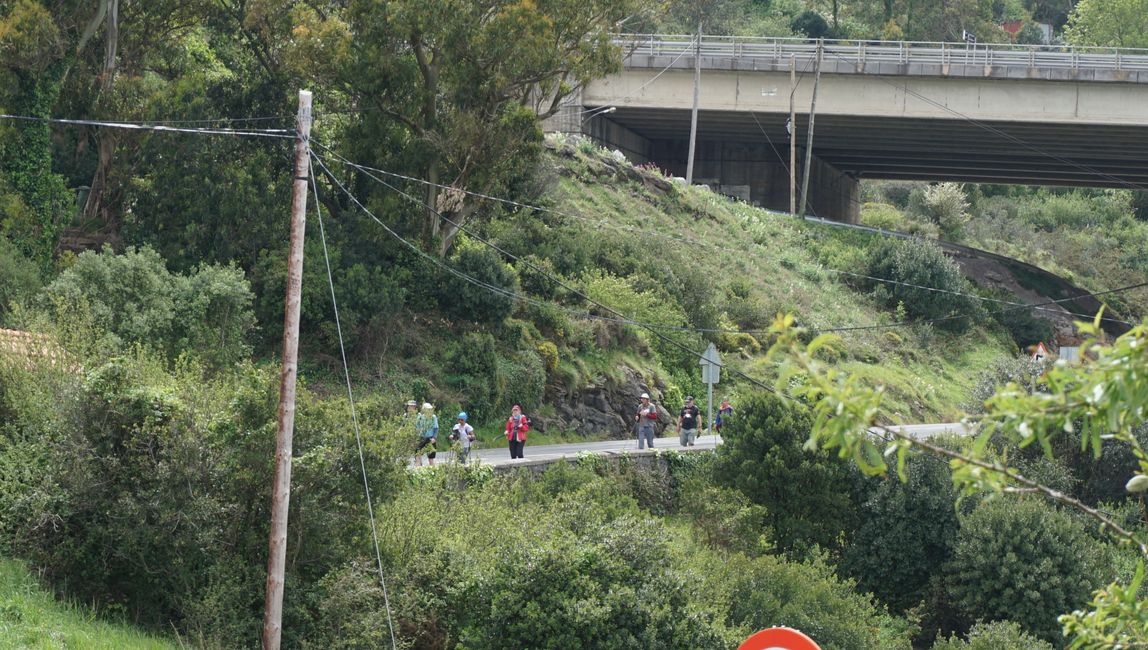
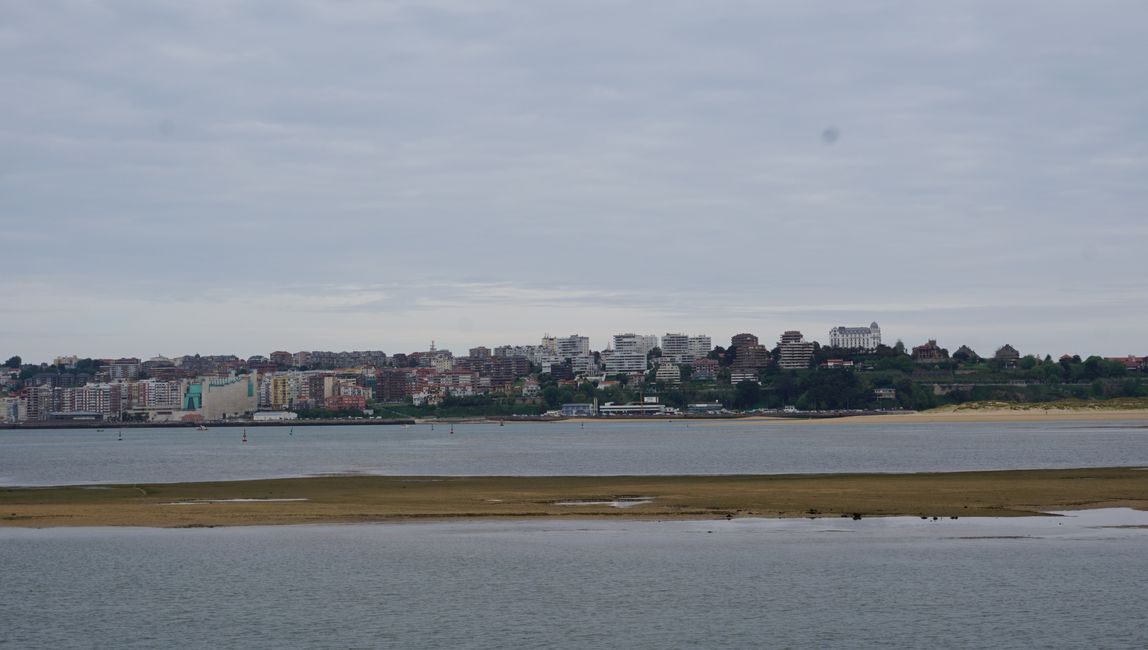
Axborot byulleteniga obuna bo'ling
The journey from our paradise towards Santander was marked by encounters with some pilgrim groups and individuals. Just like the day before, we are on the route of the Camino del Norte, one of the Camino de Santiago routes through Spain to the destination Santiago de Compostela. I had previously believed that there was only one true Camino de Santiago.

Far from it - it has apparently become a real industry. However, it is mainly focused on Spain and the destination Santiago de Compostela, where all the routes come together. One can imagine what it is like there. ➤ The most important Jacobean routes in Spain (jakobsweg-kuestenweg.com)
Short digression on the Camino de Santiago:
The most important and most used route is the Camino Frances over 800 km and across the country. It is favored by about 60% of all pilgrims and has been completely tailored to hikers along the route. There are plenty of signs and accommodations along the way. One is well taken care of when choosing this route.
The Camino del Norte, which we are also traveling in the opposite direction, is only frequented by about 6% of pilgrims - but you see a lot of them on our current section.

The path always follows the coast and thus also leads through very hilly terrain. The path is significantly more difficult than the Camino Frances and occasionally leads over asphalt roads.

That is the moment when we encounter each other and see the faces of the people. And with that, our realization grows - pilgrims don't smile.

Yes, why not. What drives people to subject themselves to these hardships and then complete them with an annoyed or pained facial expression? You see the people and start to think about what drives them, what life situation has led to this, whether a new life begins afterwards, and so on.
Maybe it's just the moment when they have to walk on the busy road. I'll give them the benefit of the doubt.
But I think even Hape Kerkeling mostly looked pained.
On the way to Santander along the coast, we pass through many beautiful places in the Oyambre National Park, the hilly hinterland, and the green fields and meadows. I already raved about the Costa Verde yesterday. That is also the image that characterizes the surroundings today.
Occasionally we take a detour to the coast, but mostly we drive through the hinterland on small roads towards Santander, the capital of Cantabria. About a third of the residents live here. The city is stretched out along a deep bay that is also navigable for large sea vessels. Santander thus has a large harbor promenade with a ferry terminal for ferry ships crossing the Bay of Biscay to England.
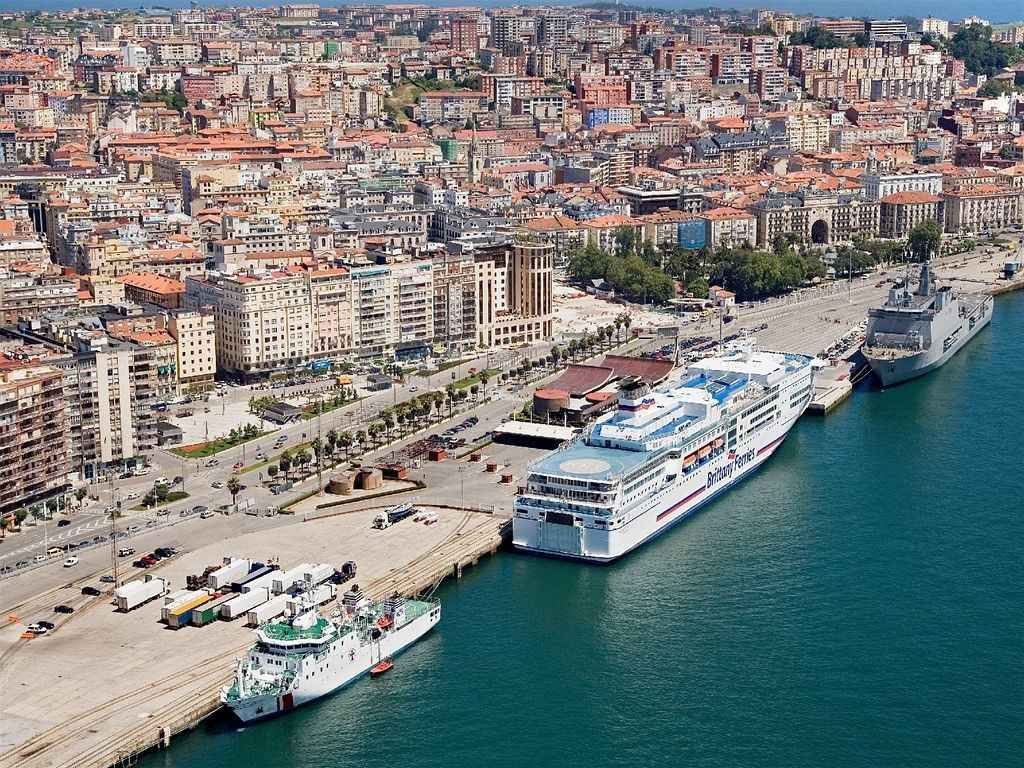
In addition, large car carriers (RoRo ships) also call at Santander.

The city itself is described as an elegant place with spacious promenades. Santander has an attraction on the Magdalena Peninsula that attracts many tourists. Here is the most popular summer residence of King Alfonso XIII of Spain, which gave the place the image of a popular holiday resort.
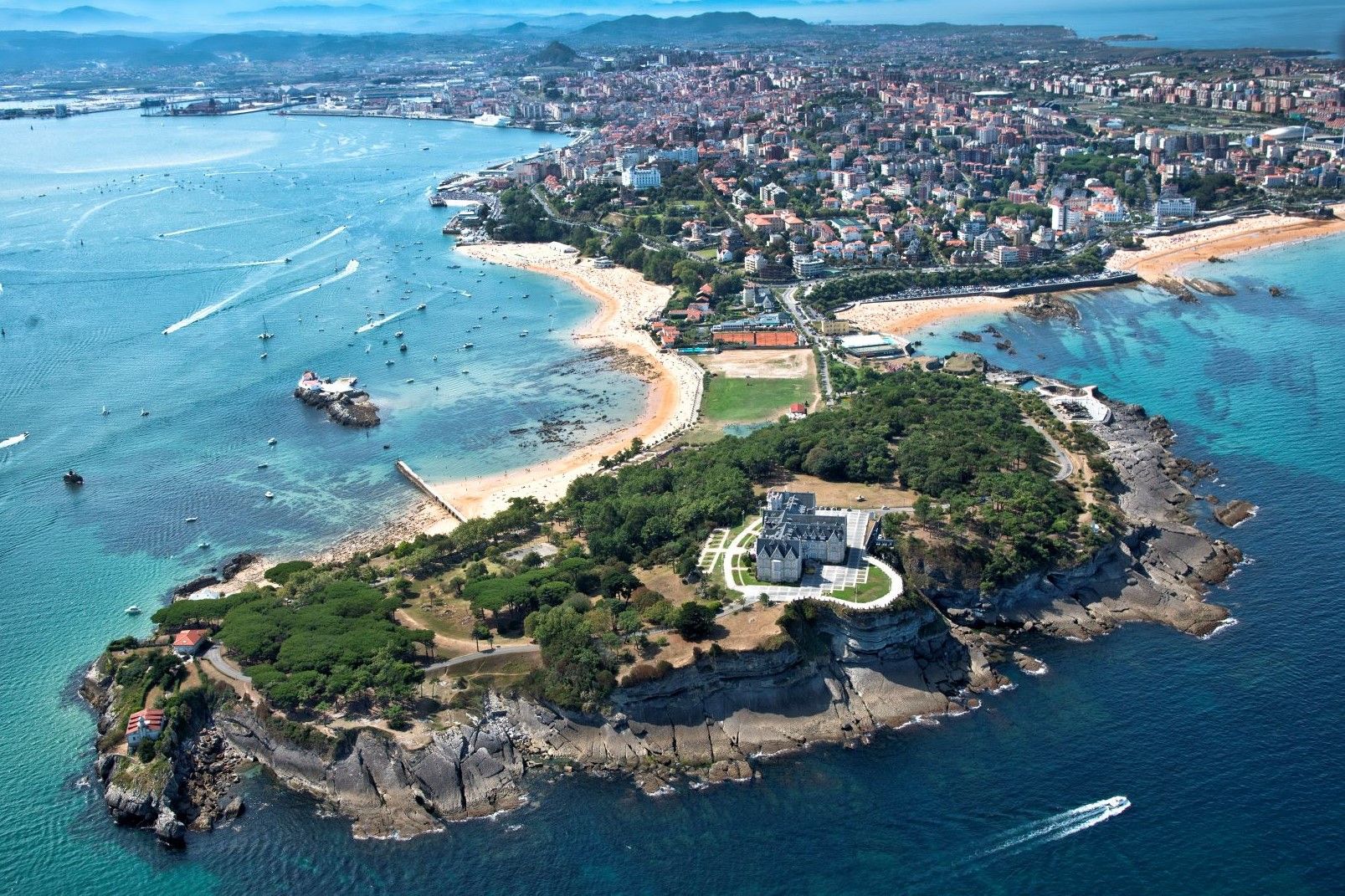
This is evidenced by the generously designed boulevards and promenades along the beach.
The city center, on the other hand, is different.
Santander was a victim of a major fire in 1941, which started from Calle Cádiz near the harbor mole. Strong southerly winds fueled the fire and drove it into the city. The fire burned for two days. The fire almost completely destroyed the historic part of Santander. The Gothic cathedral was also destroyed and later rebuilt. The reconstruction of the city partially changed the original urban configuration of the city.
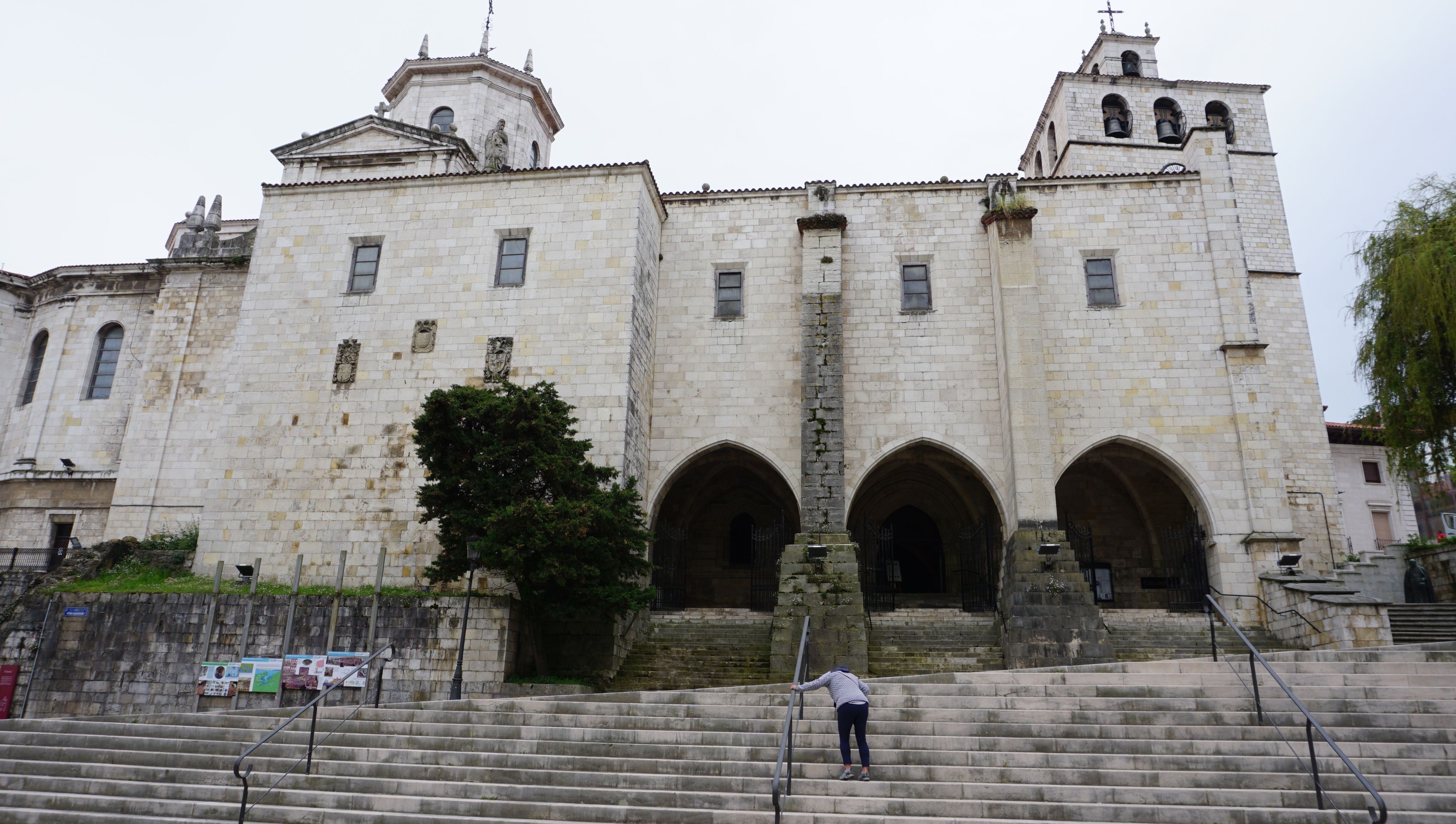
What remained was the location on a hill that one has to overcome on the way to the city. Since our parking space was on the other side of the hill at the university campus, we had a mountain stage ahead of us. After a short time, the sweat started to pour and when we came down on the other side, the T-shirt was soaked.
On the way, we discovered a special feature - the city councilors had mercy on the arduous path, especially for older people (!), and installed several escalators on the main route over the mountain. This made the ascent relaxed but leisurely.

The first stop was a mobile phone shop (orange) because my credit was running low and I needed a new gigabyte. Orange provided 60 GB for €20 with a duration of 4 weeks as prepaid - that should be enough. Otherwise, we let ourselves drift through the city without a specific goal. The city should have an effect on us to get an impression. But the spark didn't ignite, so we turned our backs on Santander the next day.
Maybe unjustly, as we realized during the departure through the city and the region the next day, but the first impression counts.
Axborot byulleteniga obuna bo'ling
Javob
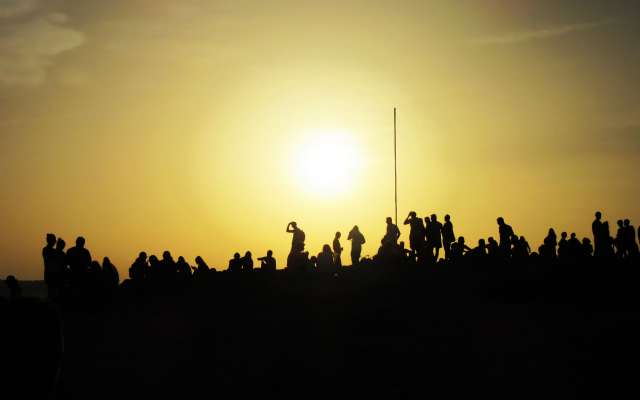
Sayohat hisobotlari Ispaniya
